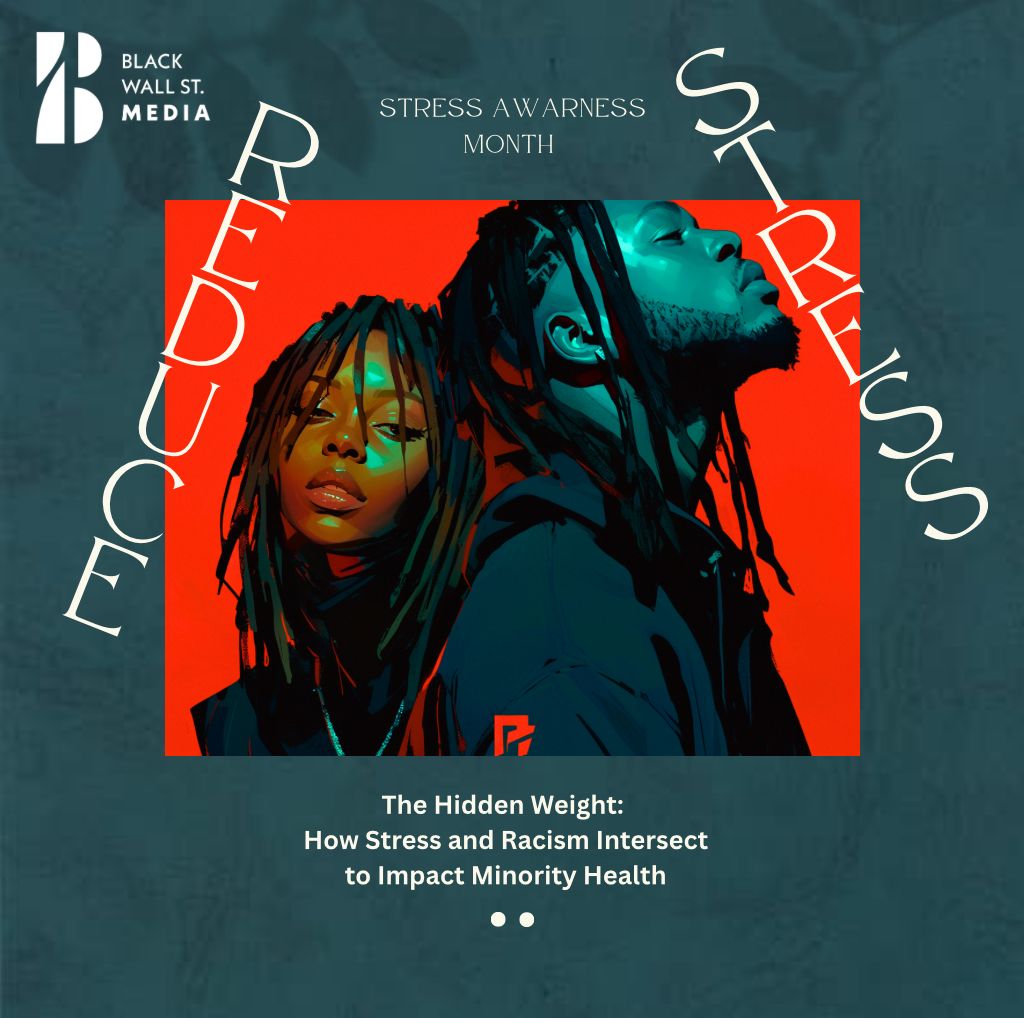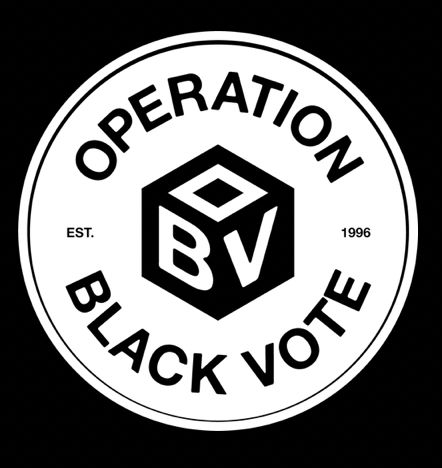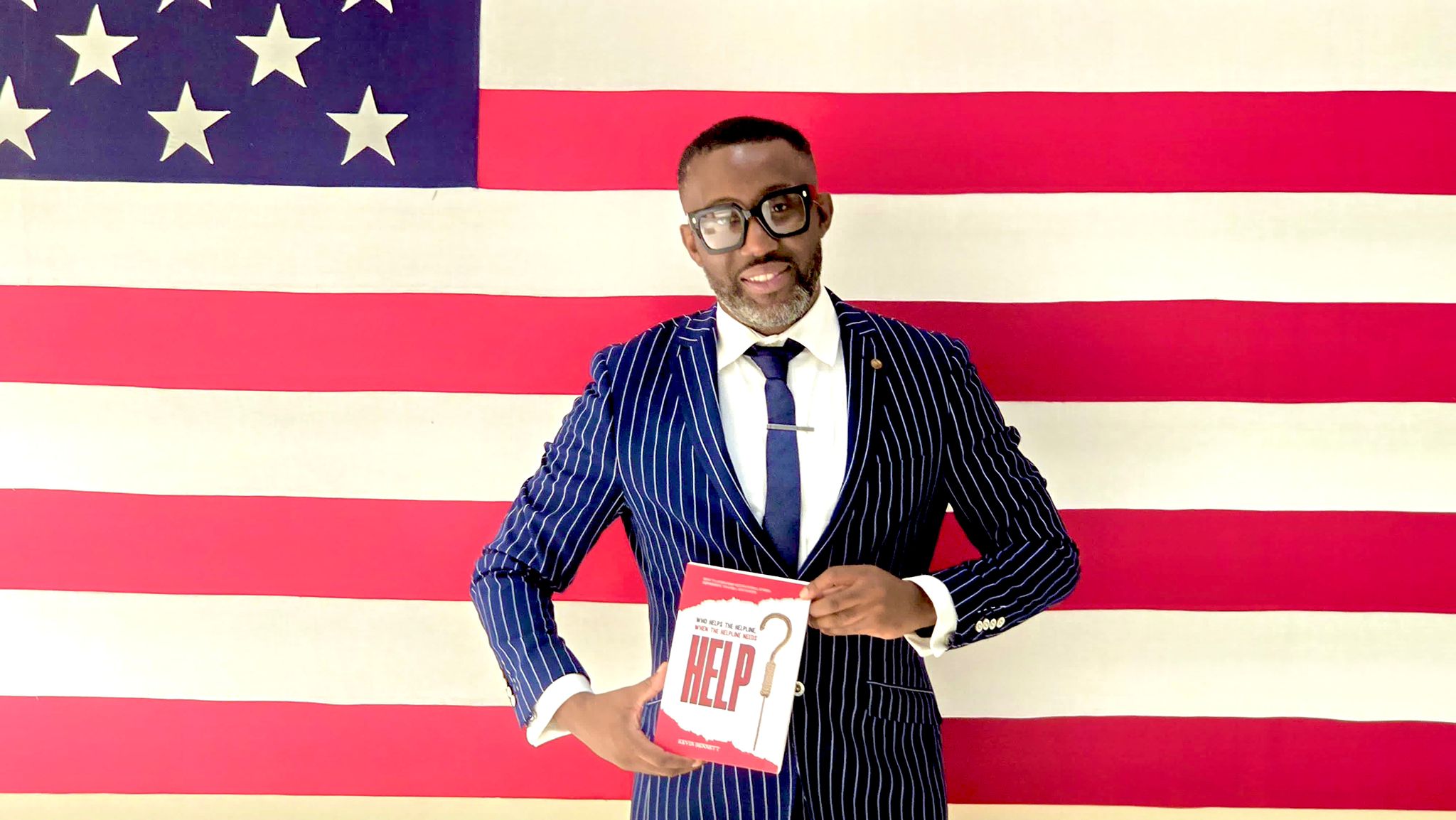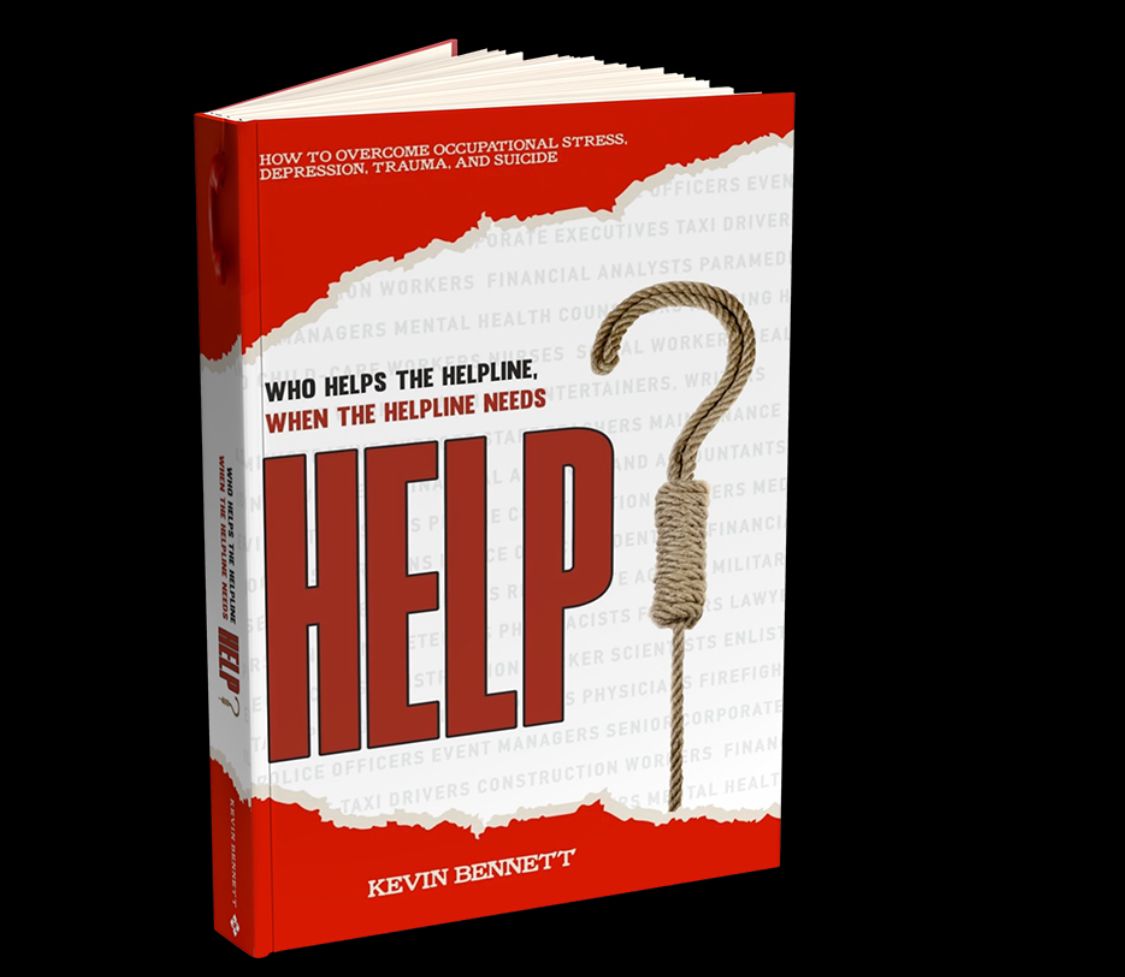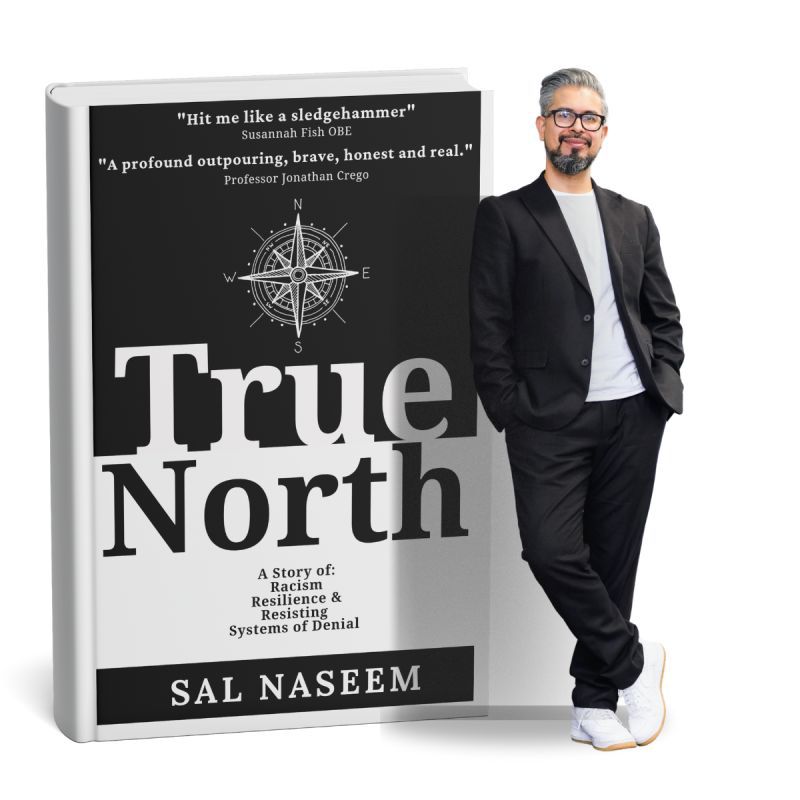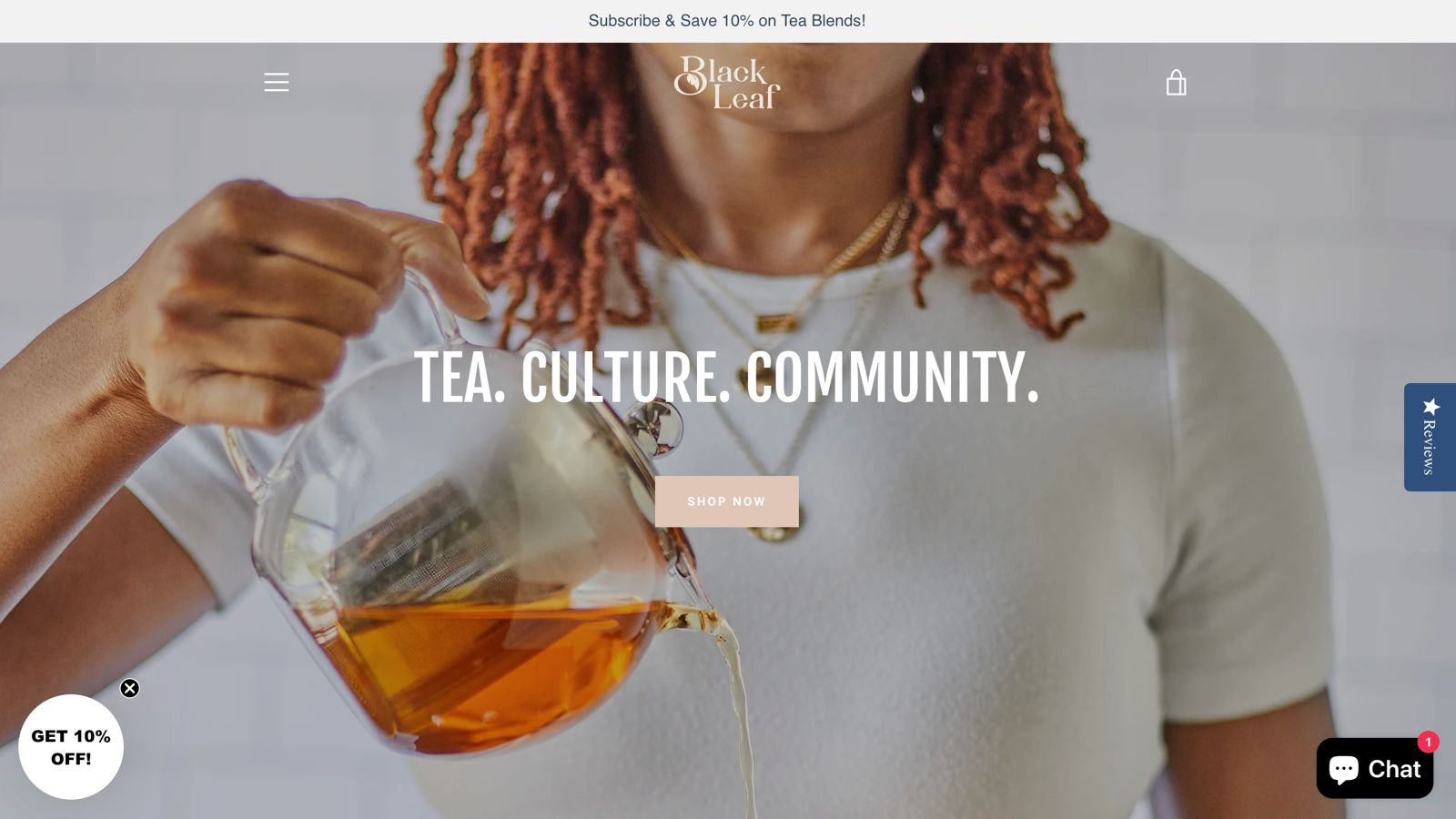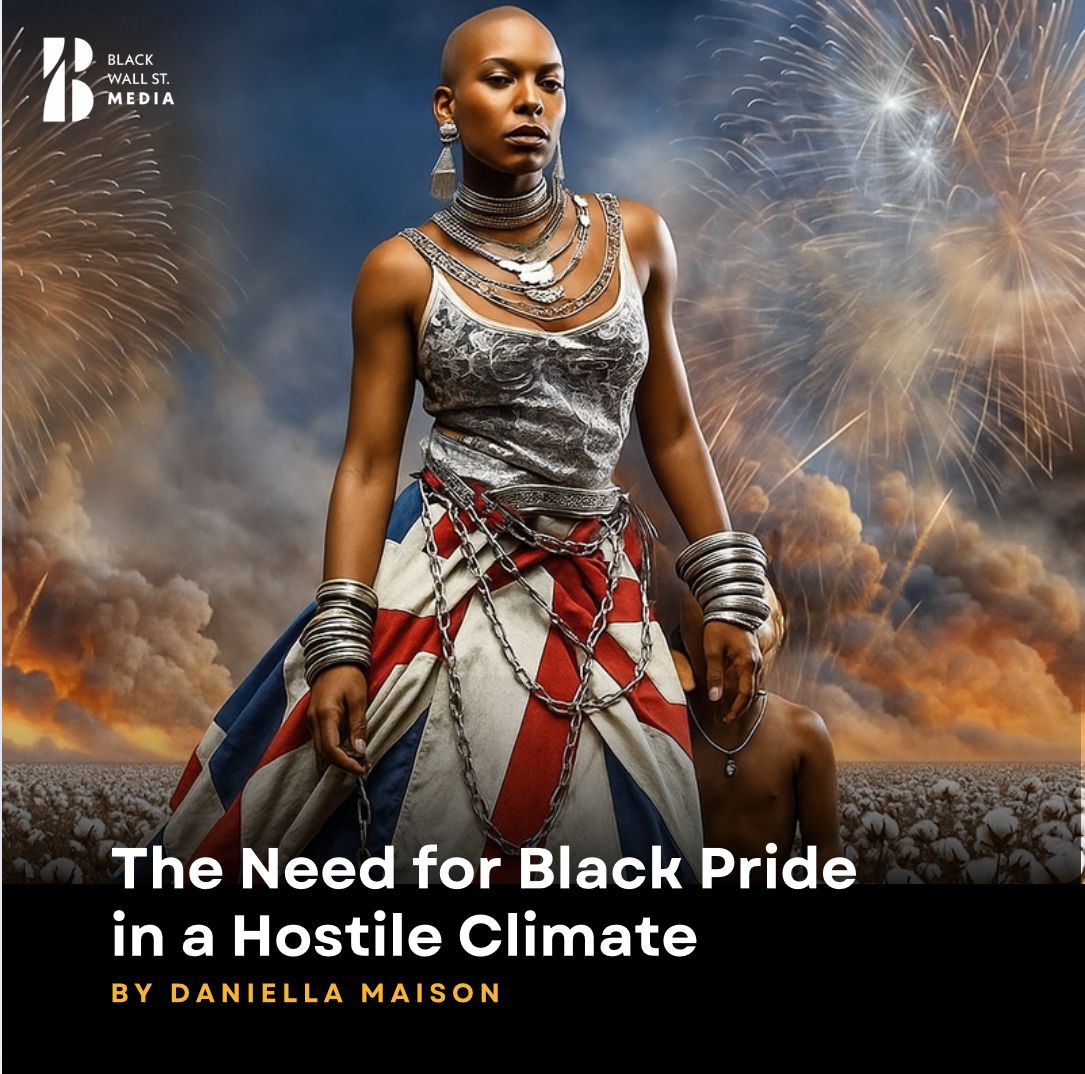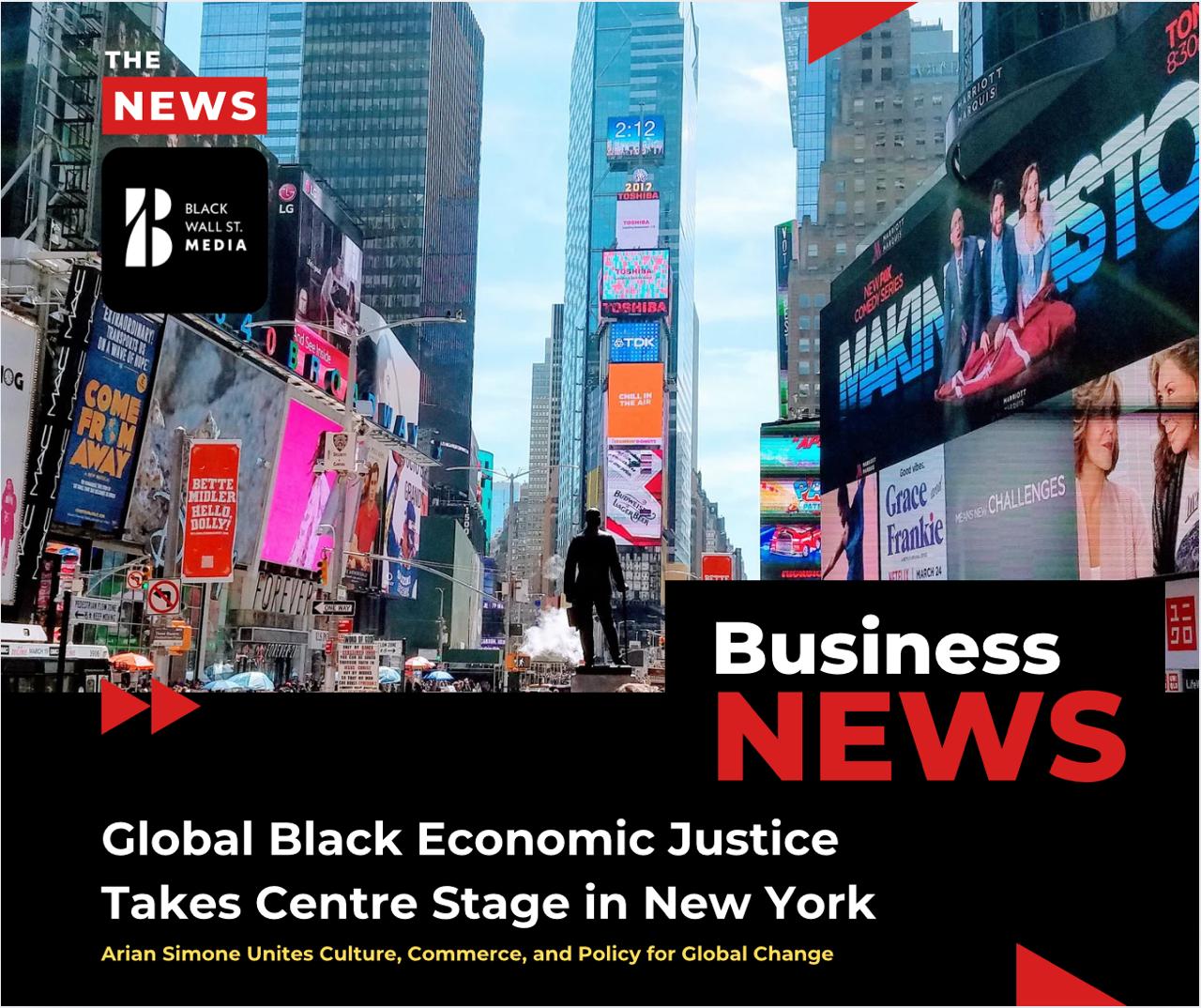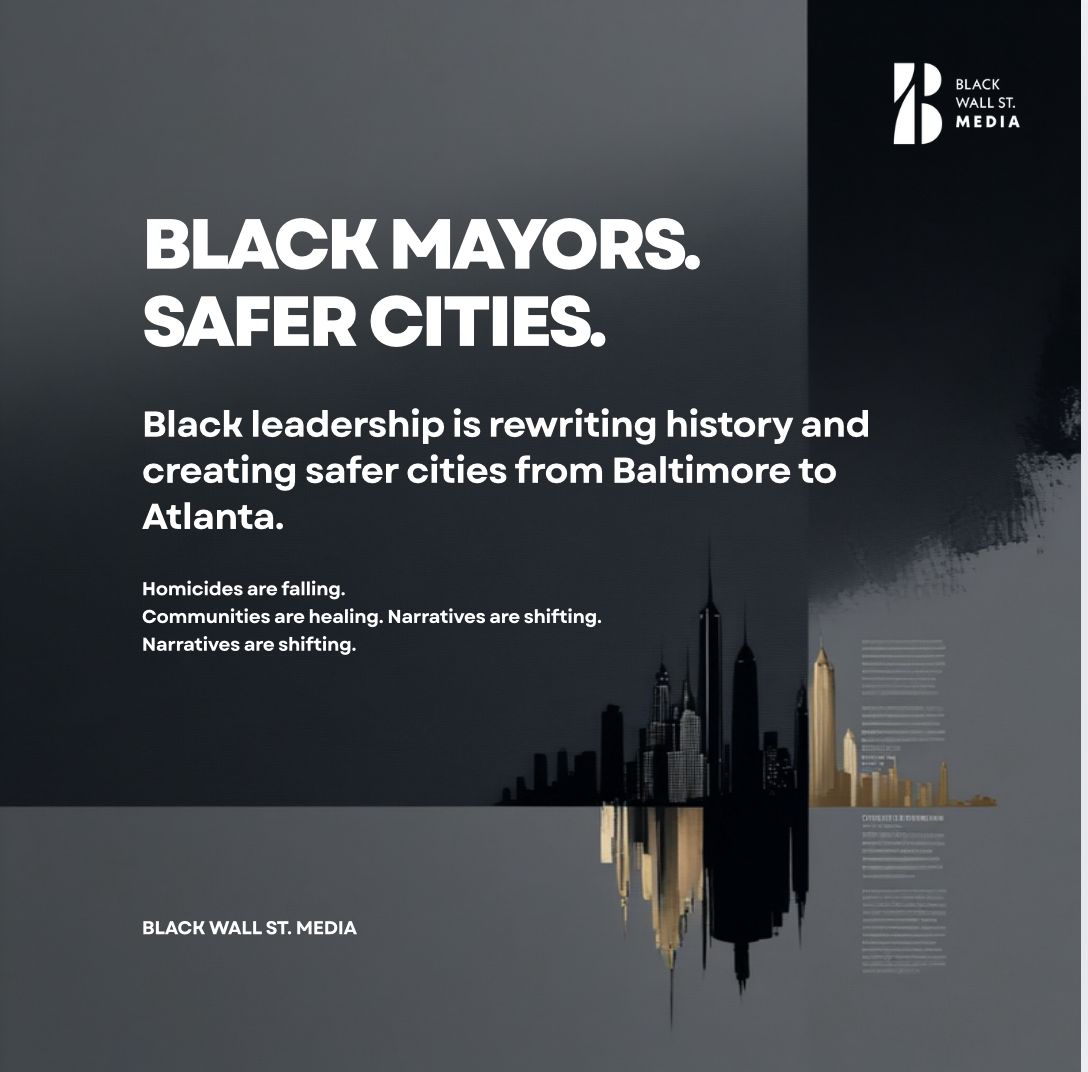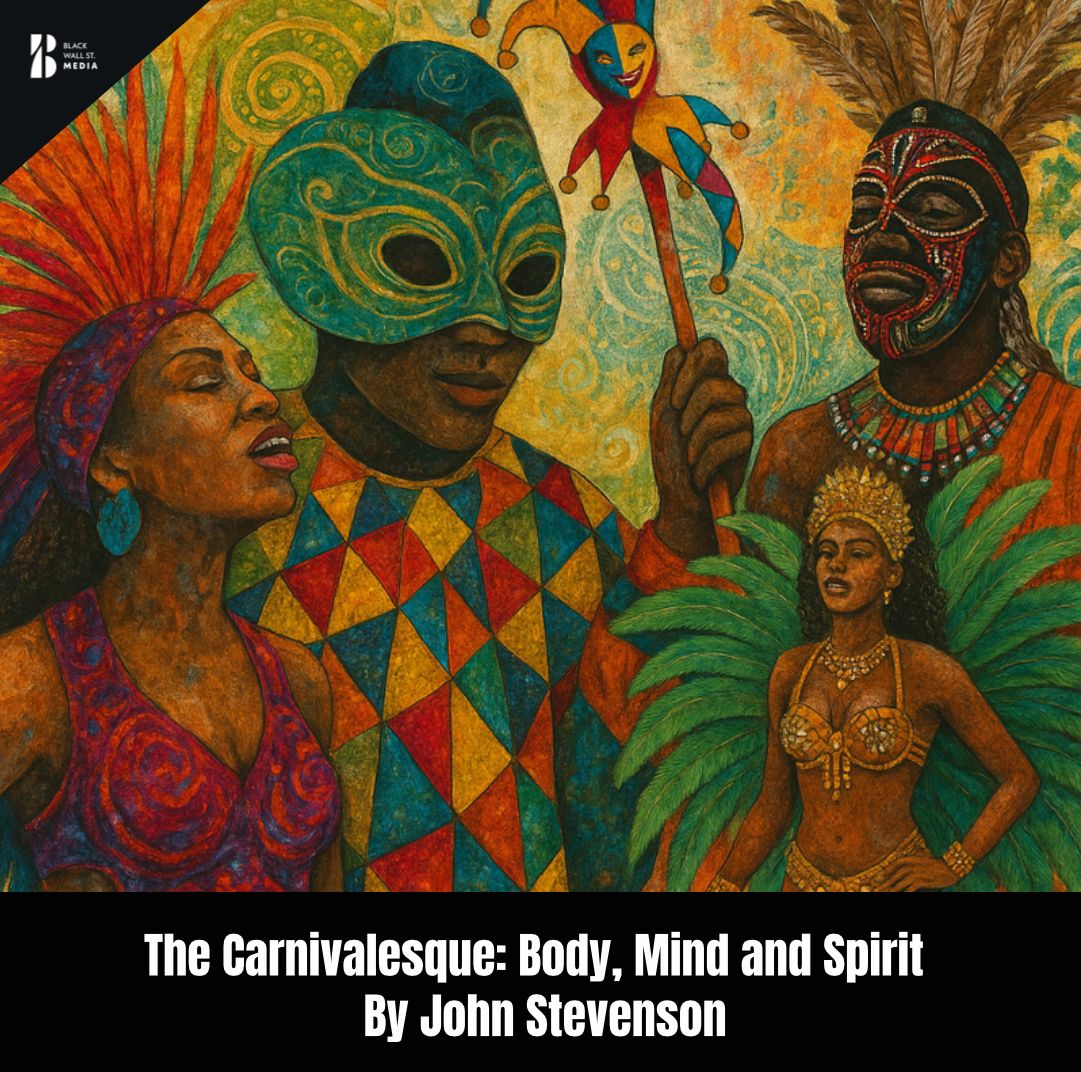Mental Health & Wellbeing
Unseen, Unheard, Unwell: The Cost of Not Believing
“Racism doesn’t just hurt feelings — it impacts health. This #StressAwarenessMonth, we explore how lifelong exposure to racism and systemic stress contributes to real health disparities in Black and minority communities. It’s time to connect the dots between inequality and illness.”
BWSMContributor
The Hidden Weight: How Stress and Racism Intersect to Impact Minority Health
April marks Stress Awareness Month, a time to reflect on the silent burdens many carry—especially those shaped by lived experiences of inequality. While conversations around stress often focus on workplace burnout or personal life challenges, it is vital that we also shine a light on the chronic, systemic stress experienced by racial and ethnic minority groups, and how this has serious, long-term effects on health.
Racism: A Chronic Stressor
One widely supported explanation for the disparities in health outcomes among racial and ethnic minority communities is the cumulative impact of stress—especially the kind that stems from racism, discrimination, and socio-economic disadvantage. The hypothesis rests on three key ideas:
Stress directly impacts physical and mental health.
Minority groups experience greater and more frequent stress than white populations.
This greater exposure to stress explains a large part of the health disparities observed.
Stress isn’t just a fleeting emotional reaction—it triggers real biological changes. Prolonged stress increases the risk of heart disease, hypertension, diabetes, and premature death. This is well-documented in studies ranging from caregiving strain to occupational stress. But when stress is chronic, pervasive, and rooted in systemic inequality—like racism—the toll it takes is even deeper.
Racial Stress in the Workplace
The workplace should be a place of growth and opportunity, yet for many people of colour, it is also a space of microaggressions, underrepresentation, unequal pay, and scrutiny. These daily experiences add up. When workers are expected to perform while silently managing the emotional labour of racism, it becomes a form of coercive control—unacknowledged, but deeply felt.
One of the most alarming issues is what happens when people of colour speak out. When even statistics supporting racism in the workplace are questioned or diminished, the credibility of victims is undermined. This invalidation becomes a second layer of stress, compounding the psychological harm and further distancing those affected from justice or healing.
Belief and Bias
Interestingly, society is often more willing to believe white victims of domestic violence or sexual assault than people of colour who report experiences of racism. This discrepancy is rooted in societal bias—where certain experiences are seen as more “real,” more deserving of empathy. This disbelief has a chilling effect: it silences, isolates, and harms.
We must ask—how can we teach police officers, educators, and employers to challenge their own biases, when even facilitators of training on race are unable to recognise or confront their own? If leaders and gatekeepers can’t put their biases aside, the systems they shape will continue to reproduce harm.
A Call for Research—and Responsibility
We urgently need more research into how lifetime exposure to stress and racism affects long-term health—particularly in older adults, who have endured decades of injustice, from Windrush to workplace discrimination. But beyond research, we need responsibility.
It starts with believing people when they speak about racism. It means recognising that racism itself is a chronic stressor that deserves as much concern as any other form of trauma. And it demands that we dismantle the structures that keep marginalised communities in a constant state of psychological vigilance.
Healing as Resistance
While justice may be slow, inner healing and reclaiming power can begin now. Whether through therapy, community care, or programmes like peace education, finding ways to support mental wellbeing in racialised communities is an act of resistance. It equips people not just to survive stress—but to challenge the systems that cause it.
This Stress Awareness Month, let’s expand the conversation to include those living under the weight of racism—and commit to lightening that load.











